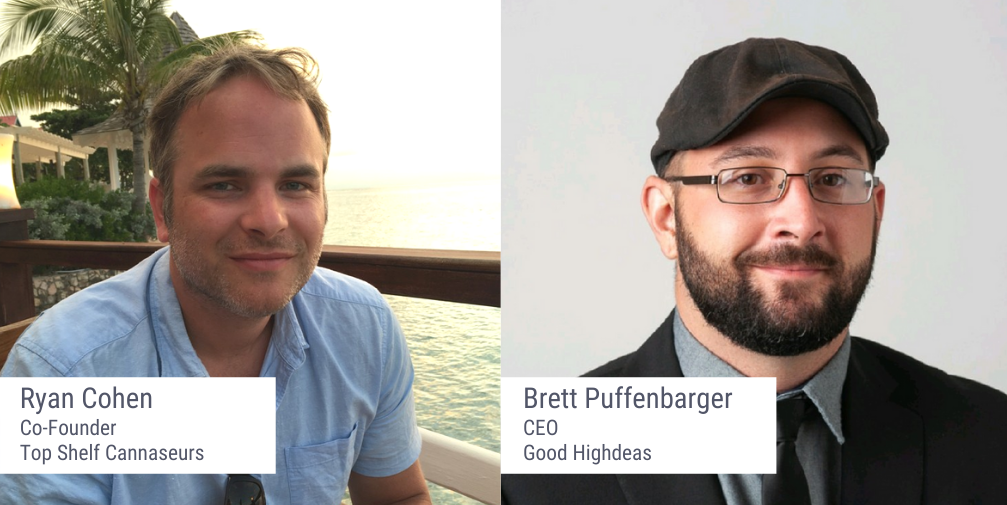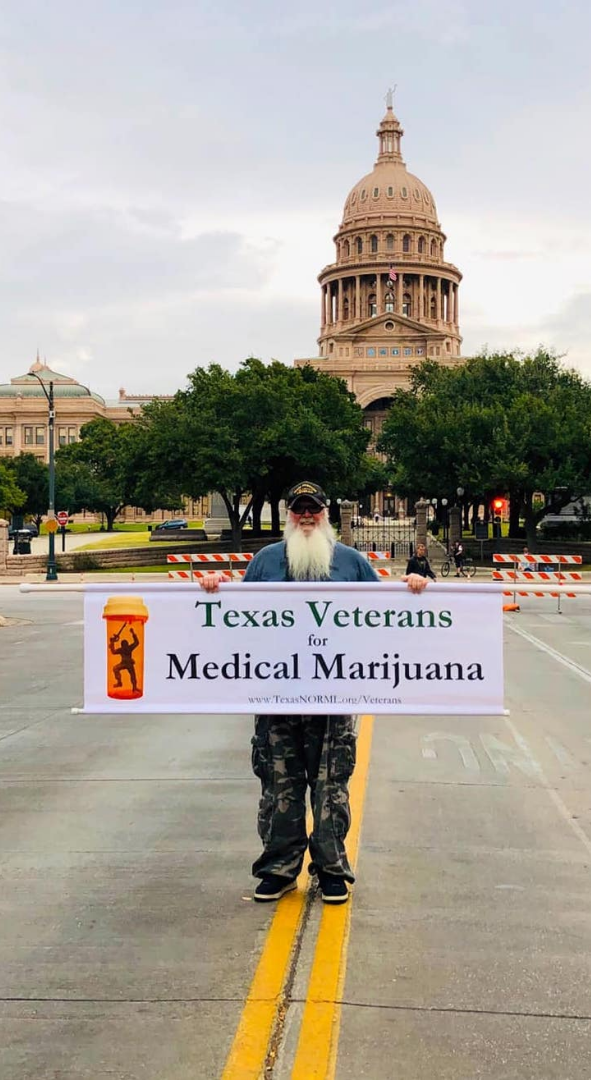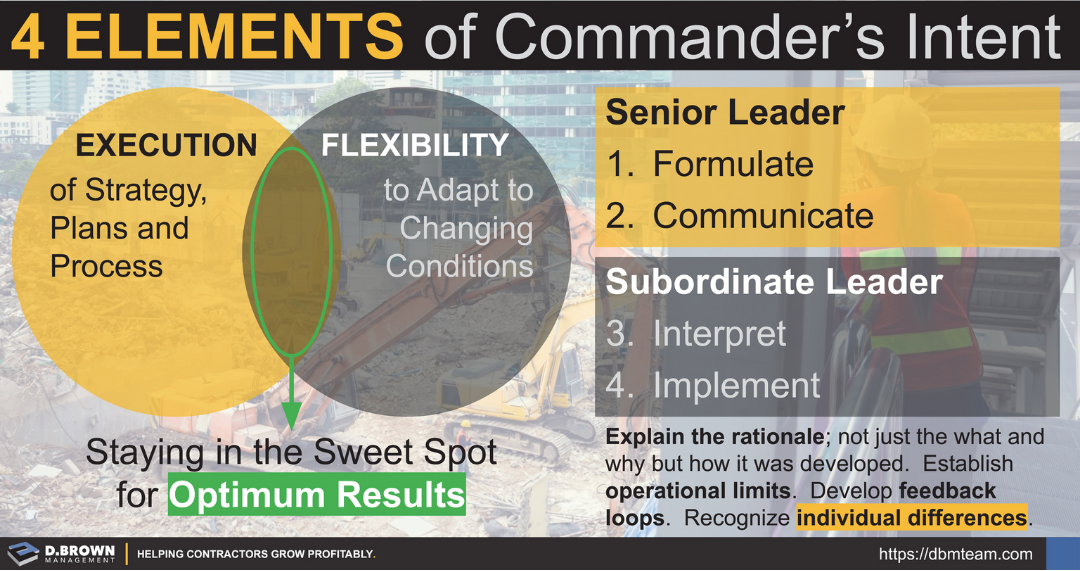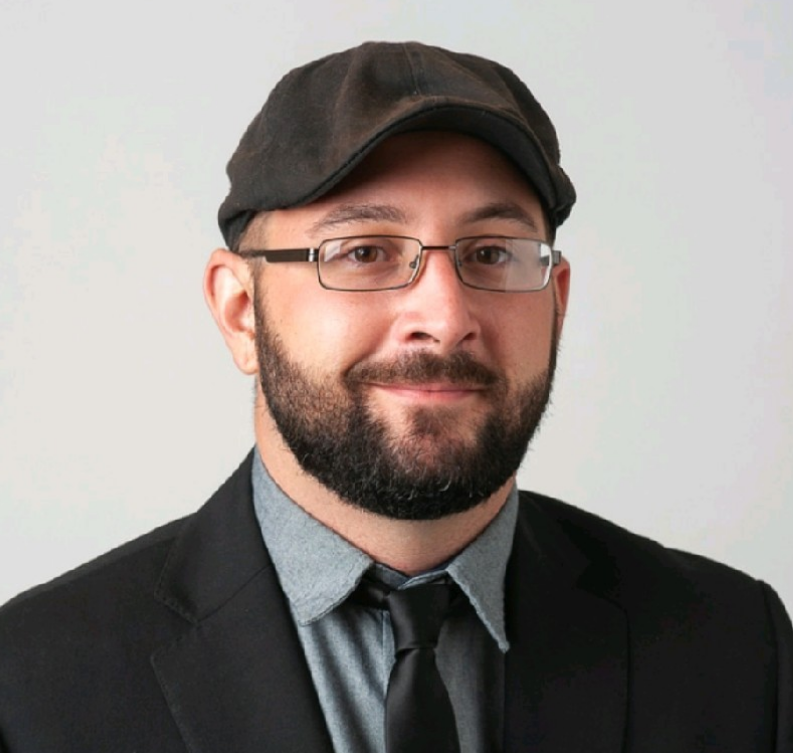Veterans in the cannabis industry are among the trailblazers who have been instrumental in moving the cannabis industry forward. Similar to serving in the military, they believe in taking action, and working to bring us towards a better future.
Recently, we spoke with Ryan Cohen, Co-Founder of Top Shelf Cannaseurs, TSC Delivery, and Top Shelf Labs, and Brett Puffenbarger CEO of Good Highdeas and VP of Corporate Initiatives at Multichain Ventures. (Scroll down for their bios). And while the FlowerHire team has always had a lot of respect and admiration for veterans in the cannabis industry… these conversations truly opened our eyes to what it’s really like to be a veteran in the cannabis industry.

How do the legal status of cannabis and the existing social stigma of cannabis affect veterans?
Recently, the Veterans Medical Marijuana Safe Harbor Act has been introduced again. As of April 15, 2020, it has been read twice by the Senate and referred to the Committee on the Judiciary. The Veterans Medical Marijuana Safe Harbor Act would expand and facilitate medical cannabis access to military veterans suffering from chronic pain, post-traumatic stress disorder (PTSD), and other serious medical conditions.
Veterans are currently allowed to use medical cannabis in states where medical cannabis is legal. And doctors are allowed to discuss medical cannabis with patients. However, while veterans won’t be denied VA benefits because of medical cannabis use, they continue to deal with the implications of the U.S. Department of Veteran Affairs (VA) being federally run and cannabis being federally illegal.

Brett Puffenbarger:
“In medical states, veterans make up a disproportionate amount of the registered patient population. And in medical states, a DD Form 214 is basically as good as a medical card,” says Brett.
But despite veterans being a high percentage of the medical cannabis population, legality and stigma still have an effect. Brett says, “The VA has put out warning orders that say you should always talk about cannabis use with doctors. And they affirm that you won’t lose benefits. And while, yes, you won’t lose the money… you may lose access to other medications that you might need.”
“Doctors see on your record that you’re a cannabis consumer and they often have second thoughts about prescribing a necessary medication you may need for surgery. They fear you’ll become dependent,” says Brett.
“What’s frustrating is veterans have been one of the groups people have used as a jumping-off point to encourage legalization at a larger scale, but we’ve basically been forgotten. We’ve been used as a reason to legalize, and then discarded and had to come up with our own ways to fix things. This is why there are many veteran-run non-profits supporting veterans in the cannabis community.”
Ryan Cohen:
“I’ve always been forthcoming about my medical usage and, honestly, in retrospect, I wish I said less about it. Now I feel like the VA has a microscope on me.” But despite the VA keeping a close eye on Ryan’s cannabis use, he’s grateful for the VA. It’s been a huge support in Ryan going back to school and gaining the business skills he needs to launch his cannabis businesses. “Getting help from the VA was probably the only reason I was able to go back to school so late in life and really focus on it.”
How do the skills you gain in the military translate to working in the cannabis industry?
The military trains you to be autonomous, adapt, and take action. And these skills translate well to the cannabis industry. Since the cannabis industry is essentially a startup industry, it needs workers who see a need and can take action on it.
Brett Puffenbarger:
“In the military, there’s Commander’s Intent. The mission commander will give a quick brief comprised of your milestones and the end goal. And how you reach those milestones and end-goal is up to you. You find a way to get the job done.”
Brett continues, “The chaos of combat translates well to the cannabis industry. Veterans are crushing it at multiple levels. We’re everything from trimmers to CEOs. We have specific traits that translate well to this industry. Cannabis mimics the military in the sense that people are working hard and ready to get the job done. It’s like a squad.”

Ryan Cohen:
“Leadership, teamwork, and being humble. The military really humbles you. A lot of people come into the military thinking they’re hot stuff and the military breaks you. They teach you that you’re not special and you have to earn everything you get. Working together and being transparent and open is valued in both the military and cannabis.”
Ryan continues, “The technical skills I gained in the military haven’t really transferred. But the foundational skills of leadership and teamwork have been essential.”
Do you hire veterans in the cannabis industry for your own business?
Ryan Cohen:
“We’re currently building out our facility at Top Shelf Cannaseaurs, and we’d like to hire as many vets as we can. Our rubric starts with vets and then locals. And if you’re a local vet, you check a lot of our boxes. We’re hoping to hire about 40%-50% veterans. It’s not only the right thing to do, but it’s the smart thing to do. Our goal is to transform people’s lives with cannabis, especially vets.”
What cannabis jobs are best suited for veterans?
The most obvious translation of military skills into the cannabis industry is in the security sector. Many dispensaries have an armed person outside of a brick-and-mortar location as well as somebody transporting product and money.
But, as both Brett and Ryan mentioned, the leadership skills and work ethic translate to any position in cannabis. The cannabis industry needs people who can carve out a path to reach a goal, and then take action.
Of course, you need specific skillsets for the many jobs in the cannabis industry. But technical skills can be easily taught in a training program. Leadership skills and work ethic are harder to teach — those are skills that are essential to the cannabis industry, and the skills that veterans have.
Reach out to the FlowerHire team if you’re a veteran who wants to work in the cannabis industry or if you’re a cannabis business that wants to hire veterans.
How can the cannabis community support veterans?
Companies can offer more internship and incubator programs that support military veterans in cannabis. These programs could teach the specific technical skills that it takes to work in various jobs in the cannabis industry. Since they already have the autonomy, adaptability, and leadership skills… adding technical skills would make veterans even stronger cannabis employees — powerhouse employees.
Organizations that support veterans in cannabis:

THC Design offers a cannabis cultivation internship program for veterans. Learn more about their program here.

Buds for Vets. Buds For Vets is a Florida-based direct-support organization that assists military veterans who are seeking to use cannabis as medicine. They provide subsidized doctor screenings where they’re allowed to do so legally.

Battle Brothers Foundation. The Battle Brothers Foundation empowers military veterans through community-based personal development, economic upward mobility, and progressive medical treatments to better their lives and the lives of their families.

Veterans Cannabis Project. Veterans Cannabis Project is changing the conversation about medical cannabis for veterans while fighting for veterans’ cannabis access.

Brett Puffenbarger
Brett is the CEO of Good Highdeas—a bespoke advisory company for hemp and cannabis companies. Brett served as a military police officer. Currently, he’s directly using the skills he gained as a military police officer with Project Mongoose. In Project Mongoose, Brett uses his investigation skills to “clean up” the cannabis industry by calling out trials, tribulations, and horror stories being discussed quietly across all levels and segments of the marijuana movement. Brett hopes to shed light on toxic patterns in the cannabis industry. Brett also Full time as VP of Corporate Initiatives at Multichain Ventures. Multichain Ventures Inc. is a pioneer in blockchain, tokenized ecosystems, and digital financial infrastructure for operators in Nevada.

Ryan Cohen
Ryan Cohen is the Co-Founder of Top Shelf Cannaseurs, TSC Delivery, and Top Shelf Labs. Ryan was a member of the first cohort to receive social equity status in the state of Massachusetts, which was also the first cohort in the country. Ryan was 82nd Airborne in the military and a Humvee mechanic in an infantry unit, which was very high-speed and fast-moving. Ryan was injured on an Airborne jump right before 9/11 which eventually led him to reinvent himself by going back to school and receiving his MBA. After receiving his MBA, he started Top Shelf Cannaseurs about two weeks later. Ryan hopes to see more military veterans in cannabis and plans to hire vets when he’s ready to grow his team.


